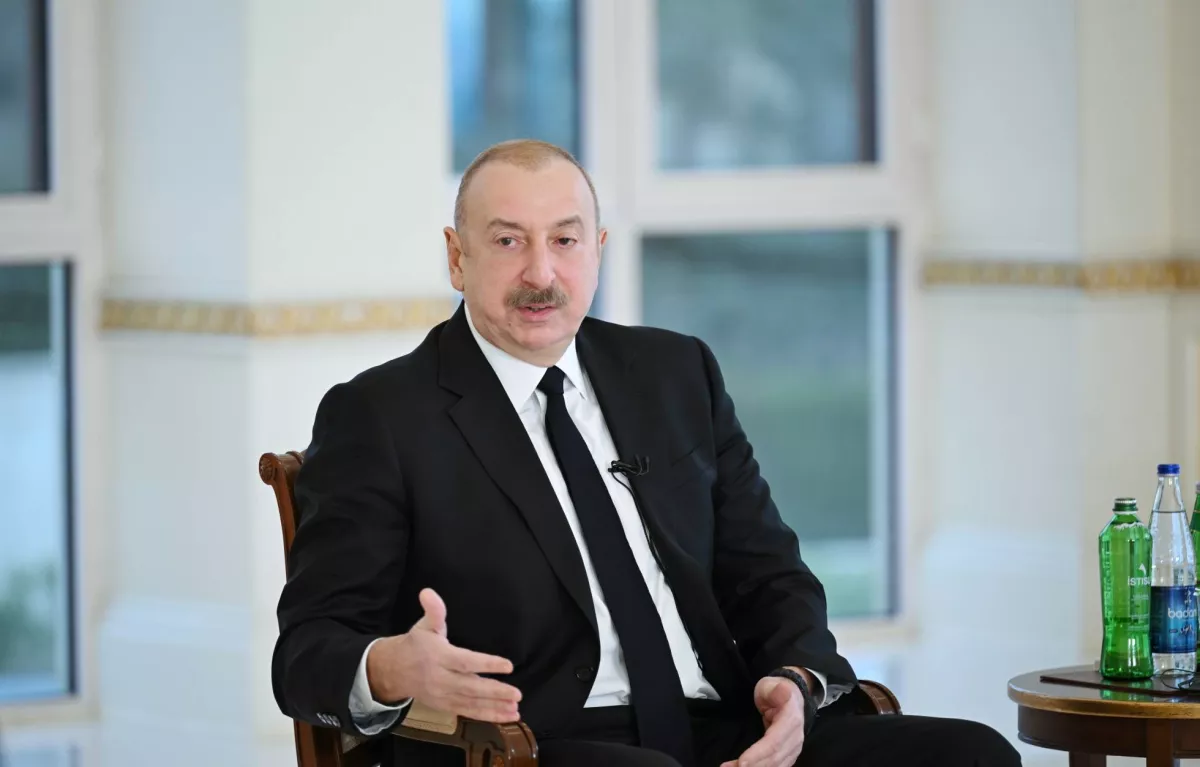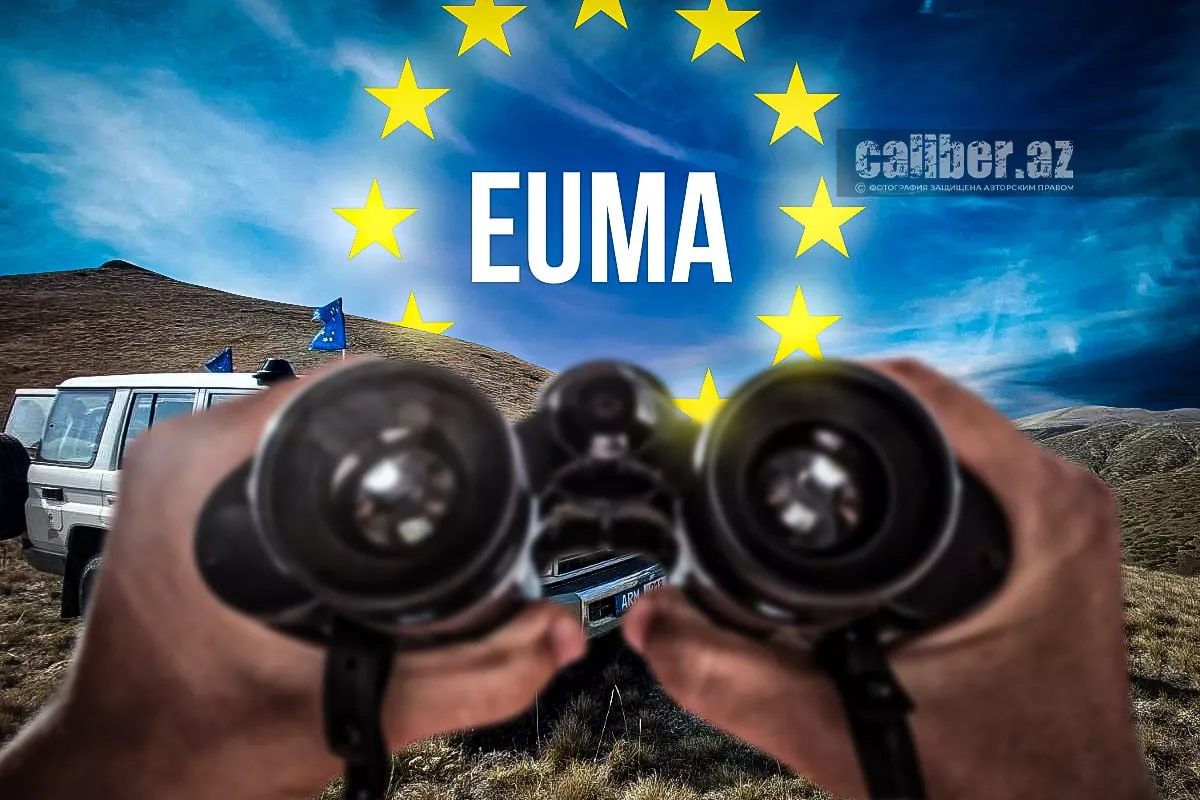Trust in question Why Armenia clings to EU Monitoring Mission
Armenian Prime Minister Nikol Pashinyan’s statement on November 4 at the Orbeli Forum 2025, Building Peace and Multilateral Cooperation, has reignited debate over the role of external actors in the South Caucasus. Pashinyan noted that no substantial changes are expected in the activities of the European Union Monitoring Mission in Armenia (EUMA) until a peace treaty is signed and formal interstate relations with Azerbaijan are established.
For context, the EU Mission in Armenia comprises around 200 personnel from 25 EU member states, as well as Canada. According to the mission’s leadership, these observers “patrol the Armenia-Azerbaijan border day and night to monitor security.”
In essence, EUMA’s claim is manipulative, since Azerbaijan has never attacked Armenia—or even contemplated doing so. On the contrary, the reality has been exactly the opposite. Against this backdrop, the decision to “postpone” the mission’s withdrawal to an indefinite moment after the signing and ratification of a peace agreement naturally raises the question: “Why is official Yerevan so determined to keep European observers on the border, fully aware of Azerbaijan’s strongly negative stance on the matter?” Importantly, Azerbaijan’s objections to EUMA are both specific and justified.
Since the mission’s inception, Baku has stressed that it is not a neutral monitoring body but a tool of the European Union’s political oversight. In his speech at the 12th Global Baku Forum on March 13, 2025, Azerbaijani President Ilham Aliyev stated explicitly: “The so-called European monitoring mission, which is actually a reconnaissance mission of the European Union, is spying day and night on our border, looking just for places where they can penetrate. And we have enough intelligence information on this so-called monitoring mission.”

In an interview with Azerbaijani television on January 7, 2025, the head of state recalled that in the autumn of 2022, he personally approved in Prague a temporary mission that was strictly limited in both duration and personnel—just 40 people for only two months. However, the European side unilaterally increased the number of personnel, extended the mission’s duration, and even involved a country that is not an EU member, thereby violating both the spirit and the letter of the agreements reached.
"When I agree to something, even verbally, I always honor those agreements. But in this case, Europe felt entitled to violate these agreements. Without any notification or our consent, they not only extended this mission but also expanded it and even involved a country that is not a member of the European Union, further undermining trust," said Ilham Aliyev.
And now the Armenian Prime Minister is making statements and taking actions that could be perceived in Baku as a demonstration of distrust. This naturally raises the question: “Who actually has more grounds to talk about distrust?”
Arguably, Azerbaijan has a substantial list of facts in this regard—first and foremost because Pashinyan himself once declared, “Karabakh is Armenia, period,” a statement he made in what was then still occupied Khankendi. Time and events have since forced him to change his rhetoric, and we have witnessed him shift from being a “war hawk” to a “peace dove.” But that does not erase what was said. Therefore, Baku has every reason to be wary of official Yerevan, even despite its current stance of pursuing “peace at all costs,” which, incidentally, the Armenian leadership frames as an act of political courage.

Yerevan continues to avoid amending the Armenian constitution, which still contains territorial claims against Azerbaijan, even though such changes are a requirement set by Baku for the signing of a comprehensive peace agreement. By delaying this process, the Armenian side is effectively blocking the legal foundation for establishing peace in the region.
As is well known, the path to peace is a mutual process, and Azerbaijan has been taking tangible steps in this direction. For example, all restrictions on the transit of goods to Armenia through Azerbaijani territory have been lifted. Notably, a shipment of 15 wagons of Russian grain recently passed through Azerbaijan to Armenia. This is a clear gesture of goodwill from Baku in terms of reopening communications and represents a significant step toward peace between the two countries.
But is the current Armenian leadership genuinely committed to peace? Only time will tell. For now, however, no concrete steps have been observed from Yerevan—only words. And even those, as in the current case, give reason for reflection.








